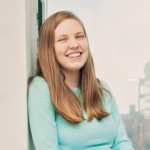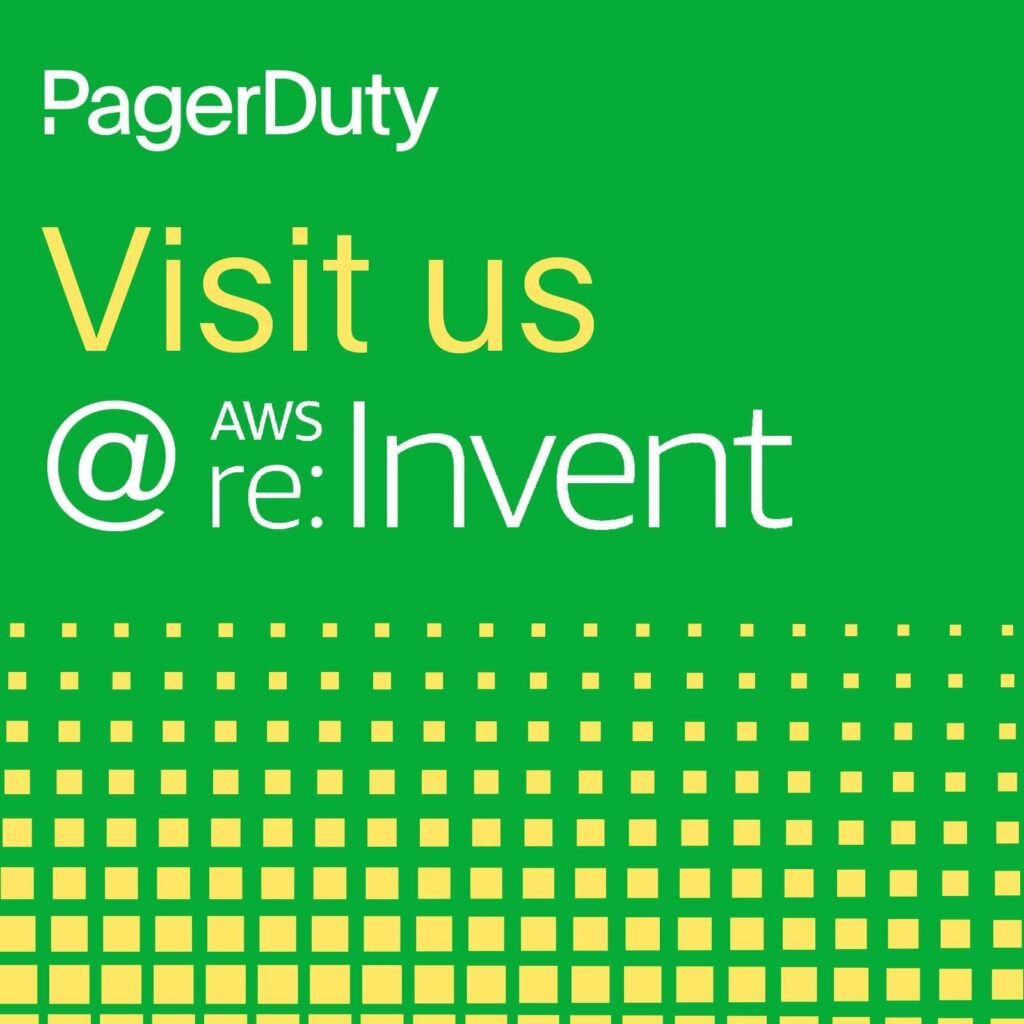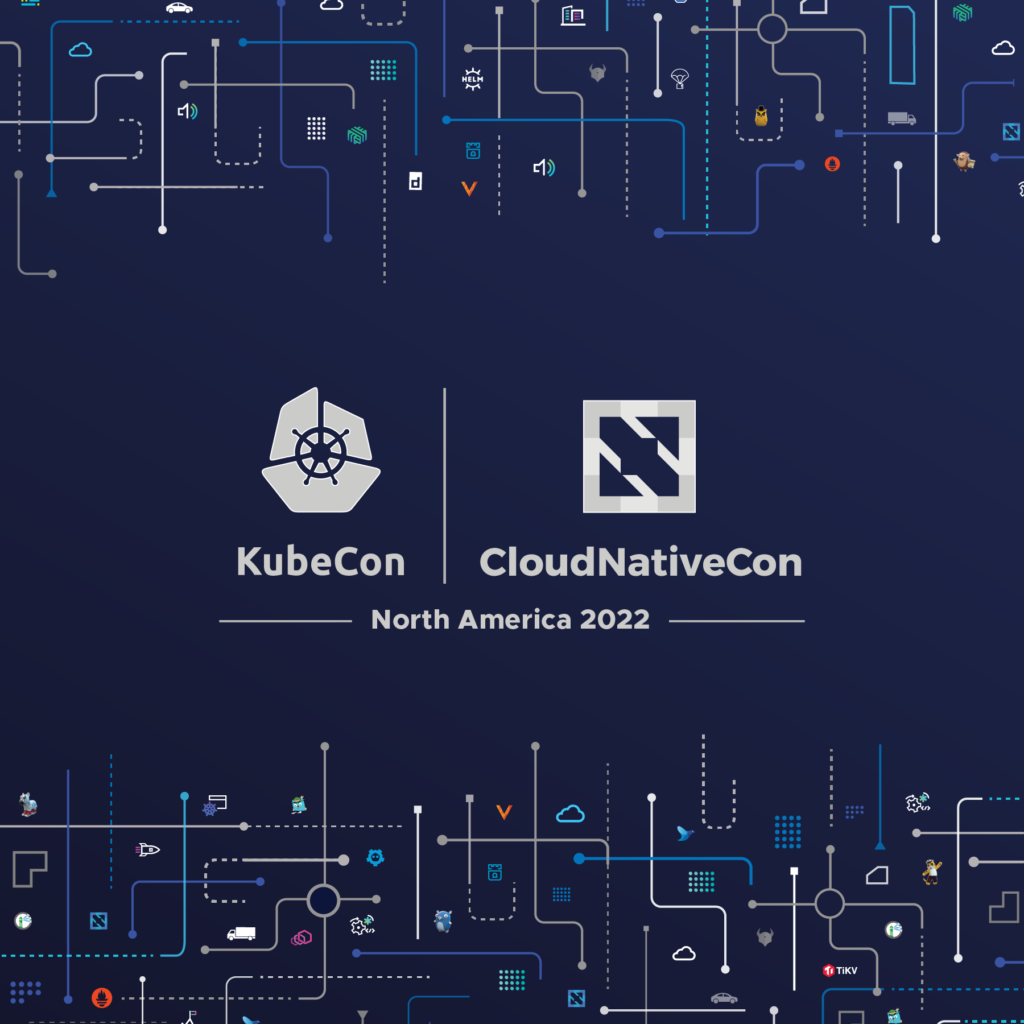Check out the DevOps Speakers at Summit19!
PagerDuty Summit 2019 is just around the corner! This year, we have an entire track dedicated to DevOps best practices. We have a strong and diverse lineup of DevOps thought leaders presenting on various industry topics, including employee burnout, chaos engineering, machine learning (ML), and more.
Grab your ticket to Summit19 today to make sure you don’t miss out on this amazing lineup of speakers, including:
 Nathen Harvey, Developer Advocate, Google
Nathen Harvey, Developer Advocate, Google
About Nathen
Nathen Harvey, a Cloud Developer Advocate at Google, helps the community understand and apply DevOps and SRE practices in the cloud. He is part of the DevOpsDays conferences global organizing committee. His main responsibility is to help drive the success of Google Cloud Platform (GCP). Nathen has been working in the technology sector since 1997.
 Stephanie Hippo, Senior Site Reliability Engineer, Google
Stephanie Hippo, Senior Site Reliability Engineer, Google
About Stephanie
Stephanie is a Senior Site Reliability Engineer at Google, where she leads a team of five supporting Google’s internal services. She enjoys exploring the data-driven nature of reliability work, teaching teams how to adopt reliability principles, and encouraging the career growth of others. Away from the keyboard, she enjoys baking desserts, playing soccer, and hanging with her lazy, tiny dog.
What will they be speaking about?
Site Reliability Engineering (SRE) is a set of principles, practices, and organizational constructs that seek to balance the reliability of a service with the need to continually deliver new features. Nathen and Stephanie will focus this talk on the alerting and incident response considerations of SRE.
In many SRE teams, an error budget is the primary construct used to help balance reliability and feature velocity. A well-defined error budget made up of service level indicators (SLIs) and service level objectives (SLOs), helps determine when an alert should be sent and to whom. We will explore how incidents are initiated, the roles that play a part in incident response, and what we can learn from incidents. Attendees will leave this talk with a deeper understanding of SRE principles, in addition to helpful insights around how to improve your team’s own SRE practices.
Session Title: Best Practices Track: SRE Practices—Alerting and Incident Response
Date: Tuesday, September 24
Time: 2:00-2:45 p.m.
———————-
 Ho Ming Li, Principal Solutions Architect, Gremlin
Ho Ming Li, Principal Solutions Architect, Gremlin
About Ho Ming
Ho Ming Li is a Principal Solutions Architect at Gremlin. He has a background in both technology and business. Ho Ming has helped architect cloud infrastructure solutions, resulting in significant cost savings, been instrumental to increasing operational efficiency for startups and large enterprises, and has created convincing technical collaterals to help enable sales organizations and end customers.
What will he be speaking about?
Eager to practice chaos engineering, but not sure where to start? Are you busy with digital transformation, but not sure where chaos engineering fits into your model? How do you convince your peers and management that chaos engineering is critical to your project? This talk will help you answer those questions with real-world stories.
In addition to this compelling track session, Ho Ming will be co-hosting a chaos engineering workshop that will take place during lunch to give attendees a hands-on, in-depth experience.
Session Title: Best Practices Track: Best Practices to Kickstart Your Chaos Engineering Journey
Date: Wednesday, September 25
Time: 4:15-5:00 p.m.
———————-
 Dawn Parzych, Developer Advocate, LaunchDarkly
Dawn Parzych, Developer Advocate, LaunchDarkly
About Dawn
Dawn Parzych is a Developer Advocate at LaunchDarkly. Dawn received a master’s degree in psychology from Boston College and has over 15 years of experience in marketing, communications, and branding leadership in the technology industry. She also advocates for women and girls in technology.
What will she be speaking about?
Teams work hard to build resilient systems and ensure high availability, but they don’t always see the impact this has on those supporting these services. We praise teams and individuals for going the extra mile or solving incidents while on vacation. We label these people rockstars when things go wrong. We take time to conduct a post-incident retrospective, yet we don’t ask the problem-solver how they are doing and whether they need time to recover. You can only give 110% for so long before you burn out. Dawn will explore what we can do to avoid burnout in ourselves and others.
Session Title: Best Practices Track: Recognizing and Recovering From Burnout
Date: Wednesday, September 25
Time: 1:30-2:15 p.m.
———————-
 Sasha Rosenbaum, Azure DevOps Program Manager, Microsoft
Sasha Rosenbaum, Azure DevOps Program Manager, Microsoft
About Sasha
Sasha is an Azure DevOps Program Manager at Microsoft. She helps clients migrate their existing applications to the cloud via lift and shift, and modernize them by leveraging Azure’s broad spectrum of platform-as-a-service (PaaS) tools. Sasha walks clients through architectural best practices and helps them bridge the gap between infrastructure and development by implementing DevOps practices.
What will she be speaking about?
As we venture into new fields, we sometimes forget to apply the lessons learned in the past. As machine learning (ML) becomes more accessible to developers without a data science degree and ML models multiply, we are beginning to see a glaring deficiency.
Many ML frameworks support easily building and tweaking ML models, but do not offer source control. To make matters worse, ML models often require prolonged trial and error, and even small changes in parameters can produce large changes in model accuracy. As developers test new models, it becomes difficult to roll back to previous versions, create a reliable CI/CD pipeline into the production environment, and monitor the application after it is deployed. In this talk, Sasha discuss the potential ways you could begin with the end in mind and build a reliable process for delivering your ML models to production.
Session Title: Best Practices Track: Putting Machine Learning Models Into Production
Date: Tuesday, September 24
Time: 2:45-3:30 p.m.
———————-
 Christine Yen, Co-founder/CEO, Honeycomb.io
Christine Yen, Co-founder/CEO, Honeycomb.io
About Christine
Christine co-founded Honeycomb in 2015 after working for and co-founding other startups. She received her bachelor’s degree in computer science from the Massachusetts Institute of Technology (MIT) in 2009. For Christine, the goal of Honeycomb was to create a platform that helps developers extract signals from noise to better understand the underlying health of their infrastructure, no matter the makeup.
What will she be speaking about?
There’s been a lot of talk about software ownership, but what does “owning code in production” really mean for developers, day to day?
Observability—a term not just for tools, but processes and culture—benefits developers *more* than it does operators. This talk will discuss the virtuous cycle between observing what production and software development looks like, why it matters, and how to encourage it on your own team.
Session Title: Best Practices Track: Getting Comfortable With Production to Improve Your Life in Dev
Date: Wednesday, September 25
Time: 2:15-3:00 p.m.
———————-
It’s not too late to get your ticket for PagerDuty Summit 2019 so you can check out the full lineup of speakers, including keynote sessions from NBA star Andre Iguodala, Twilio CEO Jeff Lawson, and our very own CEO, Jennifer Tejada.


